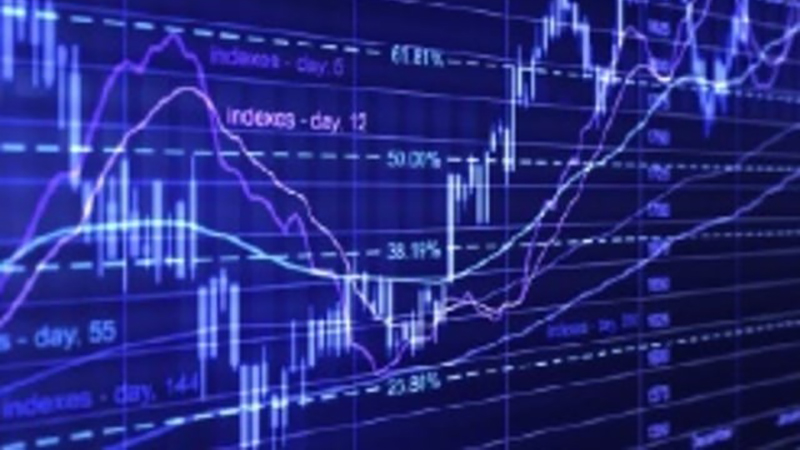Assets in thematic funds have more than doubled from $269bn five years ago to $562bn at the end of June 2024, according to a report from Morningstar.
Despite the overall growth for the sector, it has been marked with volatility. Thematic funds experienced a tripling during the market surge of Covid-19, reaching $892bn. But assets retreated once again at the end of 2021, falling by over a third.
The market has also been marked with inconsistency in the rate of new funds, which peaked in 2021 with 670 launches. Since this year, the number has steadily declined, while closures have increased.
So far in 2024, closures have outpaced new launches, which has not been seen for a year since 2013. There are now 2,776 thematic funds operating globally.
See also: Thinking Ahead: Largest asset managers grow AUM by 12.5% in 2023
Kenneth Lamont, senior manager research analyst at Morningstar, said: “In the dynamic landscape of thematic funds, growth has been anything but linear. While the post-pandemic bull market catapulted global thematic fund assets to unprecedented heights, we’ve seen a correction with closures now outpacing new launches for the first time in over a decade.
“It’s crucial for investors to be mindful of the long-term performance landscape, as only a fraction of thematic funds have outperformed over extended periods.”
In the year to June 2024, 18% of thematic funds either outperformed or met the Morningstar Global Target Market Exposure index. Extended to a 15-year period, just 9% of funds have outperformed, and over half of the thematic funds that were available 15 years ago have now been closed.
See also: Women could add $3.22trn to markets in ‘wealth boom’ – if the industry wasn’t complacent
“The relatively high fees associated with thematic funds, when compounded over many years, create a significant obstacle—especially when compared with a no-fee index. This contributes to the consistently low success rates of these funds,” Lamont said.
“Although these success rates are low, they fall within what we might find when looking at the performance of actively managed funds in some regions.”









